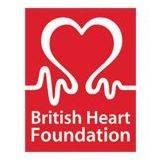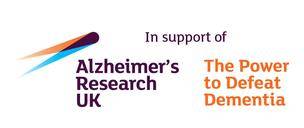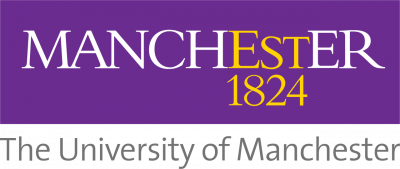Editor - Barbara Kramarz
Completion of the amyloid-ß receptors GO annotation project
We have completed the Gene Ontology (GO) annotation of amyloid-ß (Aß) receptors, reviewed by Jarosz-Griffiths et al., 2016, JBC (PMID:26719327), a six-month project funded by Alzheimer's Research UK (ARUK; grant ARUK-NSG2016-13). The list of 36 gene products identified in this review as interacting partners of different Aß species, and their associated GO annotations, relevant to neurobiological processes impaired in Alzheimer's dementia, can be viewed in the QuickGO browser. Based on the EBI statistics, 4th July 2017, the project has provided a total of 1296 annotations for 174 gene products. Among these, around 900 GO terms are associated with 94 human proteins . These annotations, assigned by ARUK-UCL, will have been included in QuickGO, following the next data release, and subsequently in other open-access databases.
Curating Complexes
A major challenge, which we identified during our curation efforts, was the necessity to distinguish between the roles of different Aß species, such as monomers, dimers, or oligomers. This was essential, since scientific findings have shown that when the monomeric Aß peptides form dimers, or larger complexes, their properties and thus effects on cellular processes change. Thus, to be able to capture knowledge specific to either Aß dimers, or oligomers, new protein Complex Portal (CP) entries were firstly curated (Table 1). We thank Birgit Meldal and Sandra Orchard for curating these Complex Portal entries.
|
Table 1. Human amyloid-β (Aβ) Complex Portal (CP) entries, resulting from this project. Corresponding entries for rodent orthologues have also been curated (data not shown). |
| Aß Complex Type | CP identifier |
| Aβ42 Homodimer | EBI-13943368 |
| Aβ40 Homodimer | EBI-13943327 |
| Aβ40/42 Heterodimer | EBI-13942506 |
| Aβ42 Homooligomer | EBI-14348029 |
| Aβ40/42 Heteroligomer | EBI-14032574 |
The resulting Aß CP identifiers have been used for capturing some of the published roles of higher order Aß species, but only if they fell within the scope of GO, i.e. represented 'normal' physiology (e.g. PMIDs:15190117, 19118188). In addition to the Aß complexes, the target entities also included two heterodimeric protein complexes: Complement Receptor 3 and Amylin Receptor 3 (respective Complex Portal (CP) identifiers: EBI-2568294 and EBI-9685439), which have been shown to act as Aß receptors. A total of 79 GO annotations have been created for CP entries as a part of this project. After the next release these annotations will be viewable in the AmiGO2 browser by selecting 'Annotations' from the 'Search' drop-down menu, and filtering for 'protein_complex' in the 'Type' filter and for 'ARUK-UCL' in the 'Contributor' filter.
ARUK-funded Tau biology and neuroinflammation GO annotation project starting this July
The aim of this project, jointly held by Dr Ruth Lovering (PI), Professor Nigel Hooper, Dr David Brough, Dr Rina Bandopadhyay, Dr Maria-Jesus Martin, and Dr Helen Parkinson (grant ARUK-NAS2017A-1), is to annotate gene products and processes impaired due to tau protein pathology (July-December 2017) or associated with neuroinflammation (January 2018-June 2020). The primary objective for the coming weeks is to identify gene products relevant to Tau protein biology, which will form the primary GO annotation targets. Further details will follow in our October newsletter.
Meetings attended
In June Barbara attended the UCL Neuroscience Symposium 2017. Barbara presented a poster, entitled Neurological Gene Ontology (GO) annotation initiative: curation of amyloid-ß species and their binding partners. This poster provided a summary of the six-month project, funded by grant ARUK-NSG2016-13.
Introduction to Bioinformatic Resources and GO - The 12-13 June Workshop was a great success!
A total of over 40 scientists, students, and clinicians attended our 10th hands-on workshop, providing a taster of available resources and tools. We thank the British Heart Foundation (BHF) for funding this very popular workshop, and all Attendees for their active participation and the very helpful feedback, which will help us improve future workshops.
Please contact us to receive this quarterly Newsletter by email or to ask any questions about our project.
 Close
Close








